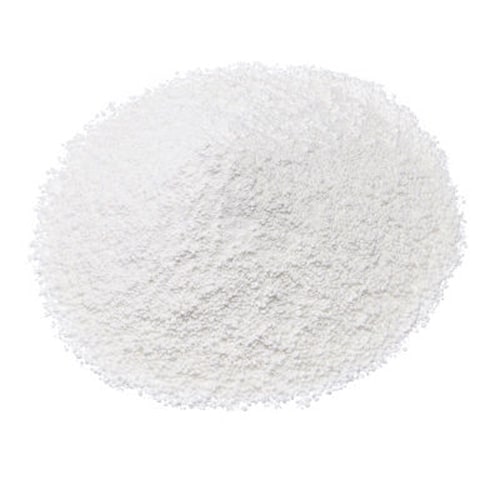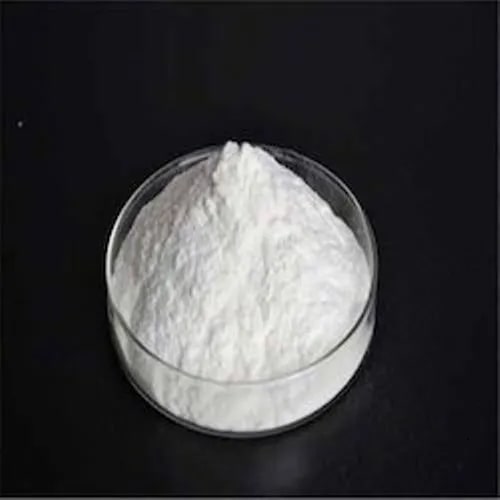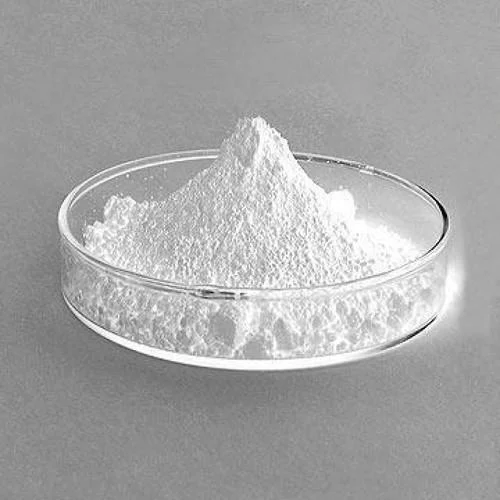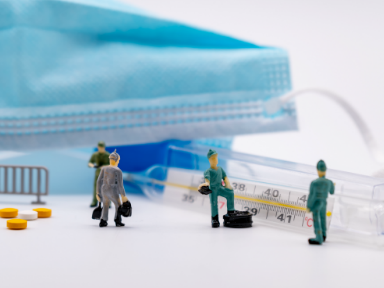ArmaGen announced the U.S. Food and Drug Administration's (FDA) Office of Orphan Products Development granted Orphan Drug Designation to GT-184 for the treatment of mucopolysaccharidosis type IIIA (also known as Sanfilippo Syndrome A or MPS IIIA). MPS IIIA is a lysosomal storage disease (LSD) that arises from a deficiency in the gene encoding for the enzyme N-sulfoglucosamine sulfohydrolase (SGSH), which results in a buildup of complex sugar polymers within the brain causing progressive intellectual disability and the loss of previously acquired skills (developmental regression).
AGT-184 is an IgG-SGSH fusion protein, where the IgG domain is a human anti-insulin receptor monoclonal antibody. The insulin receptor antibody domain triggers transport of the AGT-184 fusion protein across the blood brain barrier (BBB), via binding to endogenous insulin receptors present on the BBB. ArmaGen is currently conducting IND-enabling activities (manufacturing/toxicology) with the goal of filing an IND with the U.S. FDA in late 2019.
"We are very pleased to receive FDA orphan drug designation for AGT-184, as this designation is an important regulatory milestone for the company as we work to develop a potential treatment option for patients suffering from this rare and life-threatening disease," said Mathias Schmidt, Ph.D., Chief Executive Officer of ArmaGen. "This moment represents a transformational period in the company's evolution as we prepare to leverage our clinically validated BBB platform to advance additional pipeline assets."
The FDA grants Orphan Drug Designation to drugs intended to treat a rare disease or condition affecting fewer than 200,000 people in the U.S. This designation confers special incentives to the drug developer, including tax credits on the clinical development costs, prescription drug user fee waivers and may entitle a period of seven-year market exclusivity in the US upon FDA approval.
In a mouse model of MPSIIIA, a surrogate version of AGT-184 (AGT-m184) showed activity in both CNS and somatic organs, further substantiating the applicability of ArmaGen's Trojan Horse approach to MPS IIIA. Mice were treated three times per week for six weeks with AGT-m184. Compared to the control mice, there was a 70% reduction in brain heparan sulfate levels at the end of the six-week study, which provides direct evidence that the fusion protein crossed the BBB and delivered the SGSH enzyme payload into the brain. There was also an 85% reduction in liver heparan sulfate levels as compared to control, which is evidence of somatic or peripheral activity of the IgG-SGSH fusion protein.
--------------------------------------------------------------------------------------------------------------------------
Editor's Note:
To apply for becoming a contributor of en-CPhI.cn,
welcome to send your CV and sample works to us,
Email: Julia.Zhang@ubmsinoexpo.com.





 ALL
ALL Pharma in China
Pharma in China Pharma Experts
Pharma Experts Market News
Market News Products Guide
Products Guide Brand Story
Brand Story























 Pharma Sources Insight January 2025
Pharma Sources Insight January 2025








